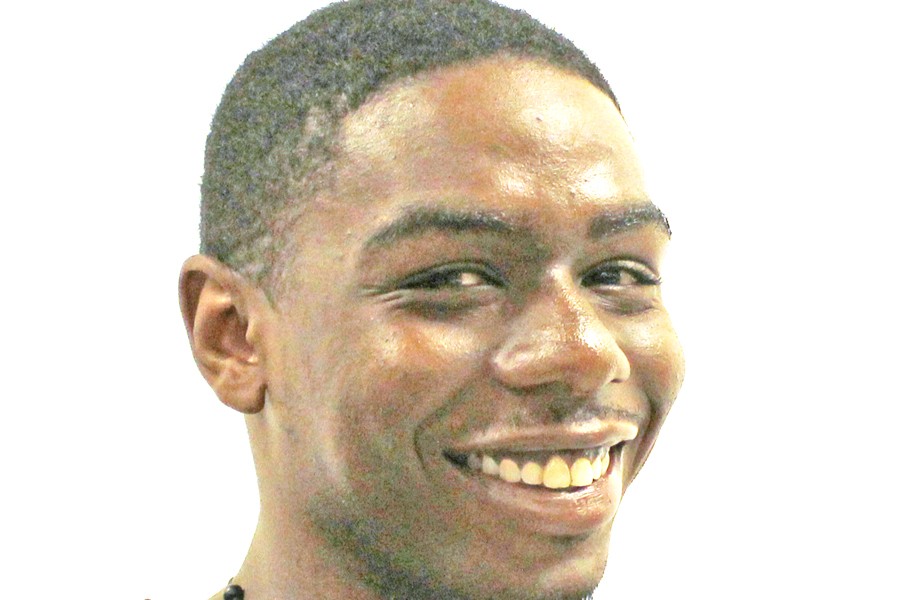Mainstream education neglects societal issues
Feb 24, 2015
Seemingly from birth, family and society team up to mold little ones into what they believe to be an upstanding “American citizen,” or at least someone fit to survive the struggles of life in the U.S.
At home, Americans are usually taught the basis of some religion, how and what foods to cook and how to conduct themselves both at home and in public. While teaching children the ways of the world is paramount, at some point children should be taught to be themselves.
Growing up in between Richmond, Oakland and Sacramento was rough. Moving from city-to-city every year led to not attending a school for two consecutive years until high school. Yes, it was tough to make and keep good friends. What was even harder though was trying to be a part of a group, clique or a club.
Over the years, being alone a lot, I learned to entertain myself thanks in large part to an overactive imagination. However, lonesomeness aside, I was happy with knowing who I was and what I liked. As a youth, noticing the differences in interest between my fly-by-night friends and myself, I thought nothing of it, not realizing that somehow these lines of difference would place us into boxes in years to come.
A box is American society’s way of generalizing people, you know, like religions, races, sports, sexual preference and sexual orientation. The bottom line is most of our parents were, or are, selfish. I’m not placing any blame, just stating the fact that children do not begin to start making life-altering decisions until close to high school. While understandable, it seems a bit late in life for a 14- to 16-year-old to begin to think about his or her future.
I didn’t come close to deciding what I wanted to do with my life until I was 27. Not saying that this is not abnormal, but what pushed me into the right arena was college, and the freedom to choose what I wanted.
It wasn’t about what my parents would think, or what my pastor would say. It was about me. Because when it boils down to it, it is the individual’s life to live and up to them to make the choices that affect their life.
Since Americans spend about 12 years in school, for the most part U.S. kids are learning the history of the land, simple mathematics as well as how to conduct themselves in society. At home during these years we listen to our parents almost faithfully, and seldom make any serious decisions about our own lives. Yes, it is a parent’s job to ensure proper upbringing of his or her child, but that has nothing to do with religion, race or sexual orientation.
As a black man I was raised to hold animosity toward whites and homosexuals. Was it drilled in my head? No, but the constant, blatant disdain for white people, in addition to hearing homophobic comments all the time, my mind was shaped to hold a grudge against these types of people.
I recently denounced my nonexistent African citizenship in an opinion piece last semester and was forced to pull every black person that read it out of my throat after they jumped down it, claiming I hated myself.
I heard statements such as, “You’re not on our (black people’s) side,” and, “What about your people?” or, “How could you say that?” I am who I am.
What about my people? If my family hasn’t been “my people” as one would think, why in the shit would I consider anyone from any group of people to be my people just because our skin is the same color?
My people are the people who care.


